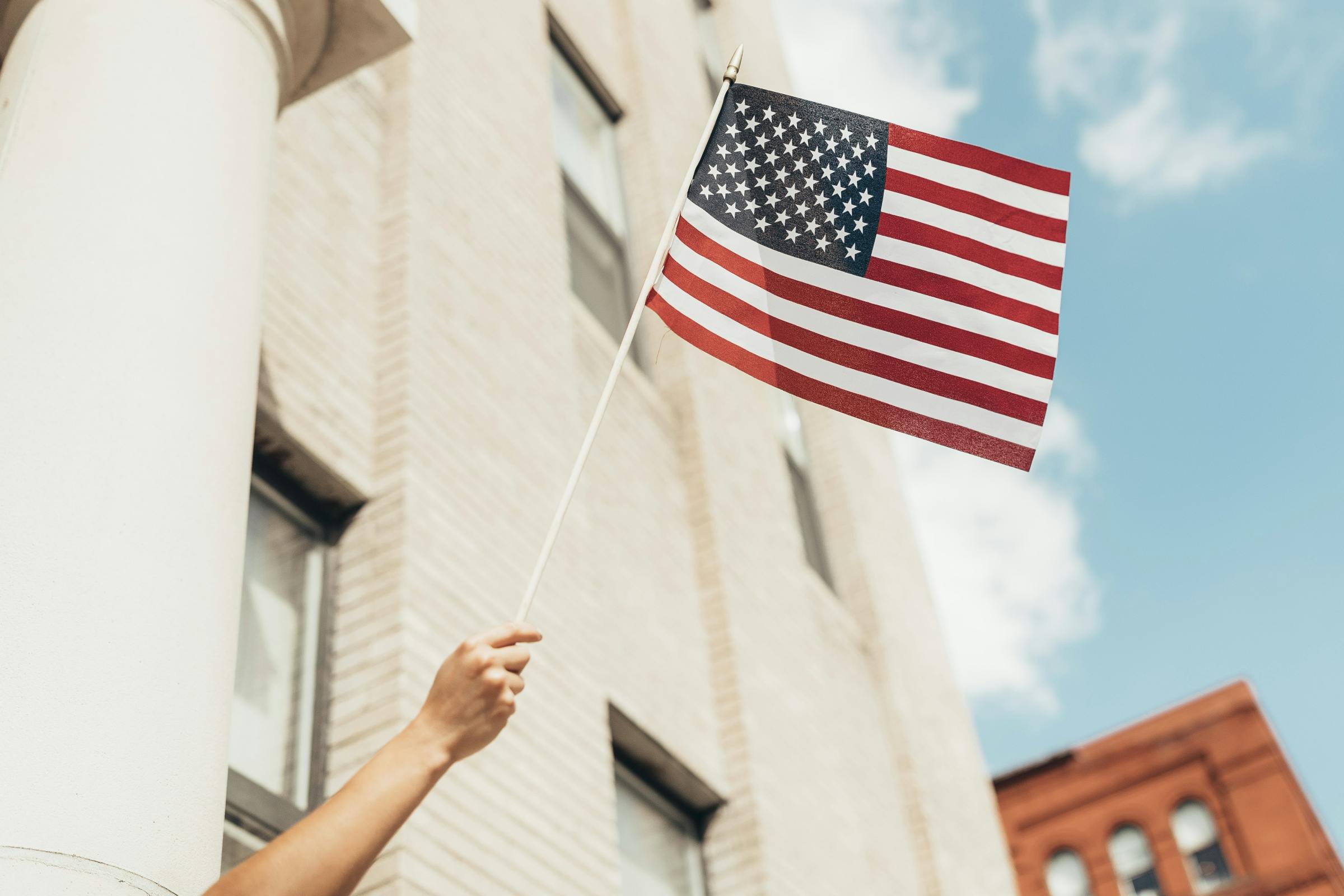What’s the Difference Between an EB-2 NIW and a Green Card?
When you apply for an EB-2 visa, you’re requesting permission to work in the US with a job offer and a fast track to permanent residency via a green card. The NIW does the same thing but without the job offer requirement. Both of these documents will get the beneficiary into the US with minimal restrictions. Still, when you get there, you’ll need to file the documentation to request permanent residency. Because of your visa status, you’re highly likely to have this request granted, yet, you still need to go through the process.
Is There a Difference Between the EB-2 and the NIW?
When you think about the EB-2 and NIW documents, picture an umbrella of work visas with the EB-2 at the top. Under the covering is the NIW. You must go through the process of applying for an EB-2 to receive the NIW, which grants you everything the EB-2 visa beneficiaries receive. However, you can have an EB-2 without the NIW, but not vice versa.
The main distinction between the two is that qualifying for the EB-2 requires a job offer from an approved US employer, whereas an NIW can be obtained on your own merit. If you have extraordinary skills that the US government would see as something of national interest, they may waive the job offer requirement. This is determined through a three-prong test, of which an experienced immigration professional like Visa2US can help you pass.
The second difference between the two categories is that a regular EB-2 must be sponsored by the employer. Anyone who believes they will qualify for a National Interest Waiver can sponsor their EB-2 petition for themselves.
How Can You Be Eligible for an NIW?
Before you get to the documentation to determine NIW eligibility, you must pass the screening for the EB-2 visa. These requirements include:
● An advanced degree beyond a bachelor’s degree or evidence of the equivalent of such education, such as a bachelor’s plus five years of experience in your field, or
● Evidence of exceptional ability, meeting at least three of these criteria:
- Proof of graduation from an institution in your chosen field
- Letters that show at least ten years of full-time experience in your job
- A license to practice in your occupation if required
- Membership in a related professional association
- Peer, government, professional, or business recognition of your achievements and major contributions
As a general rule, if you meet the first requirement but not the second, you should seek an EB-2 through a sponsor. The second requirement is going to be essential as you apply for the National Interest Waiver.
What Does “Exceptional Ability” Refer To?
Your exceptional ability can be in any field, but when it’s applied to a National Interest Waiver, the government generally looks for those with incredible talent in STEM fields (science, technology, engineering, and mathematics), business, or art. In certain situations, athletes may qualify.
What is the Three-Prong Test?
As government officials review your request for an NIW, they’ll use three prongs to determine if you qualify. You must:
● Propose an endeavor, or be currently involved in one, that has substantial merit and is of national importance,
● Be in a position to advance that endeavor,
● Prove that the endeavor has a significant benefit that is of national interest.
These three requirements can be challenging to document. Using a legal immigration attorney is highly suggested.
What’s Next?
If you think you qualify for a National Interest Waiver, there are many benefits you’ll receive. How you apply can make the difference between obtaining these advantages and a denial of your application. Let our professional experts at Visa2US help you optimize the evidence you have to maximize your chance of acceptance.
Our legal pros have helped countless others through their work visa petitions. Since you can self-petition, it’s wise to have counsel, and our friendly experts are ready to guide you 24/7!














